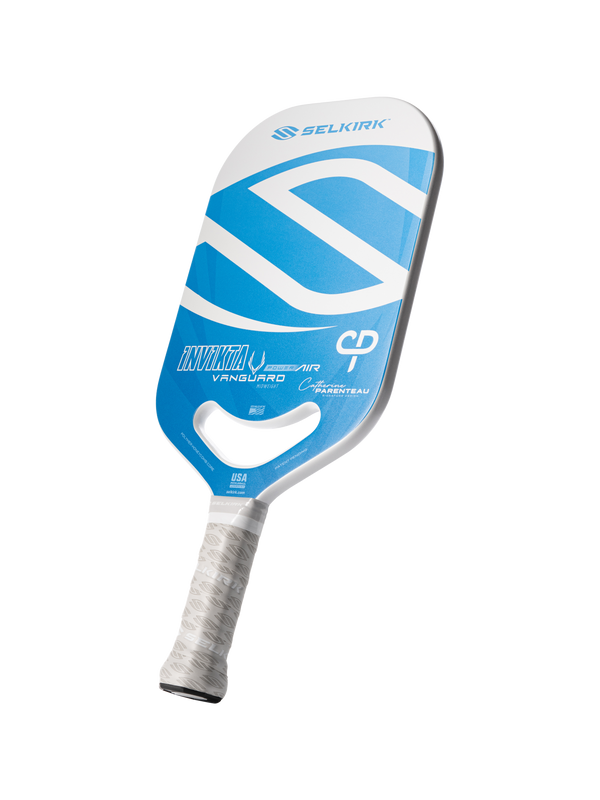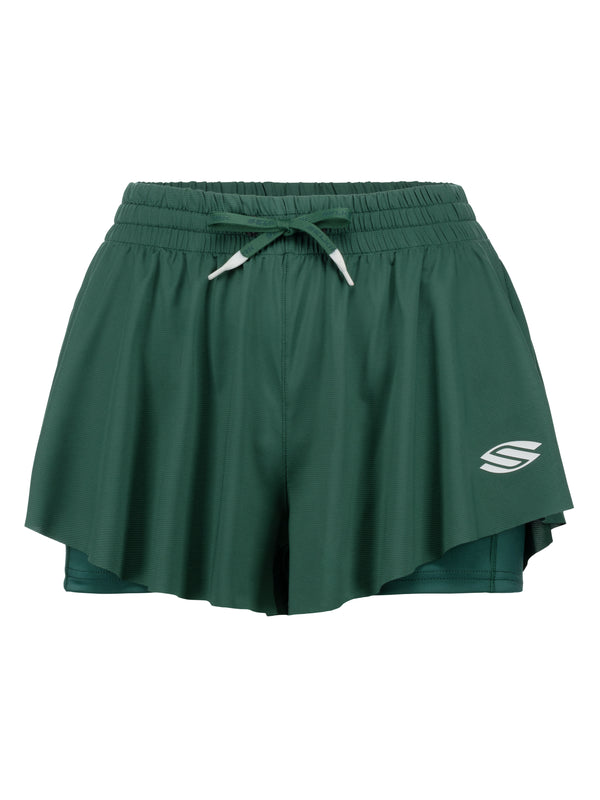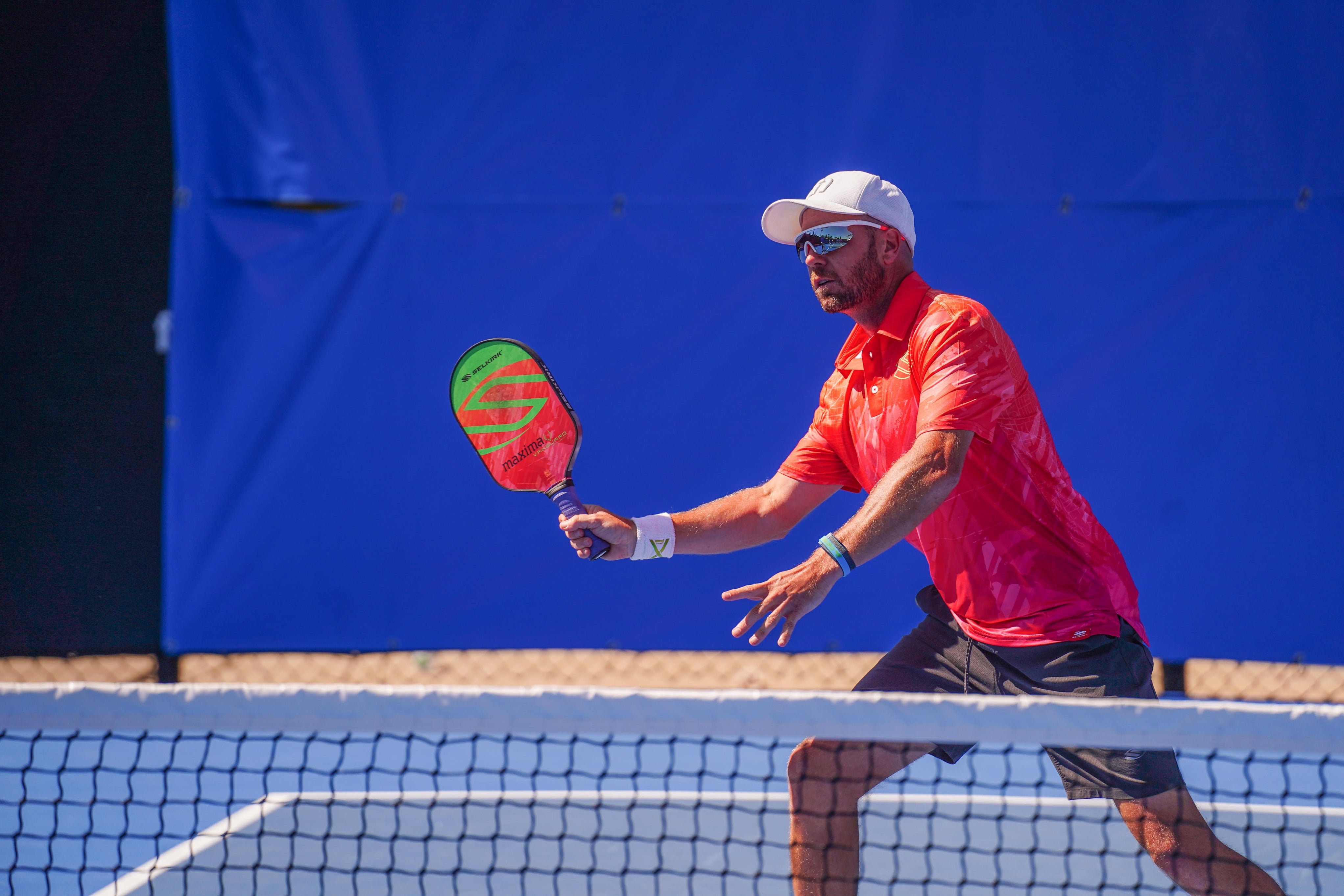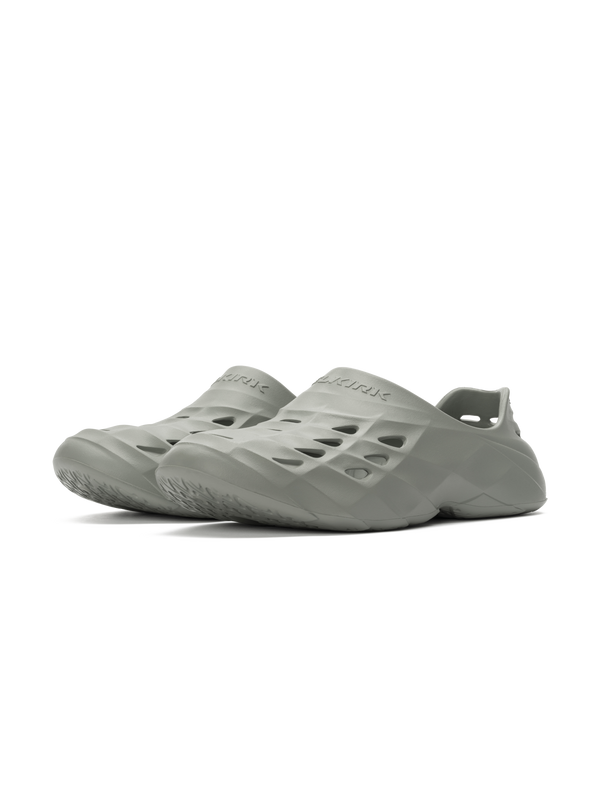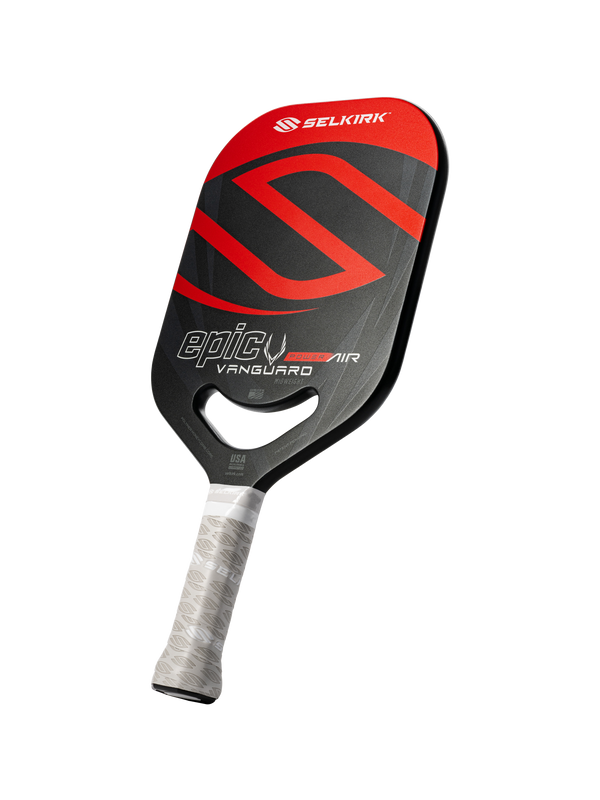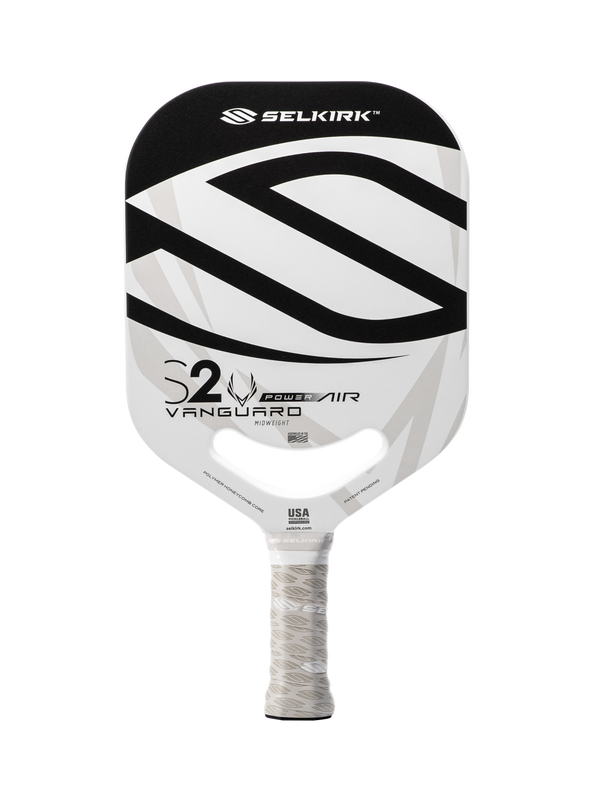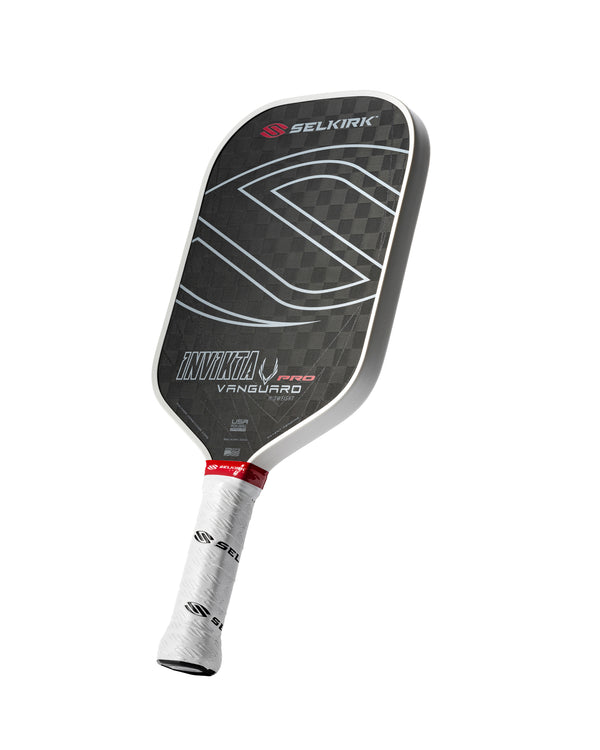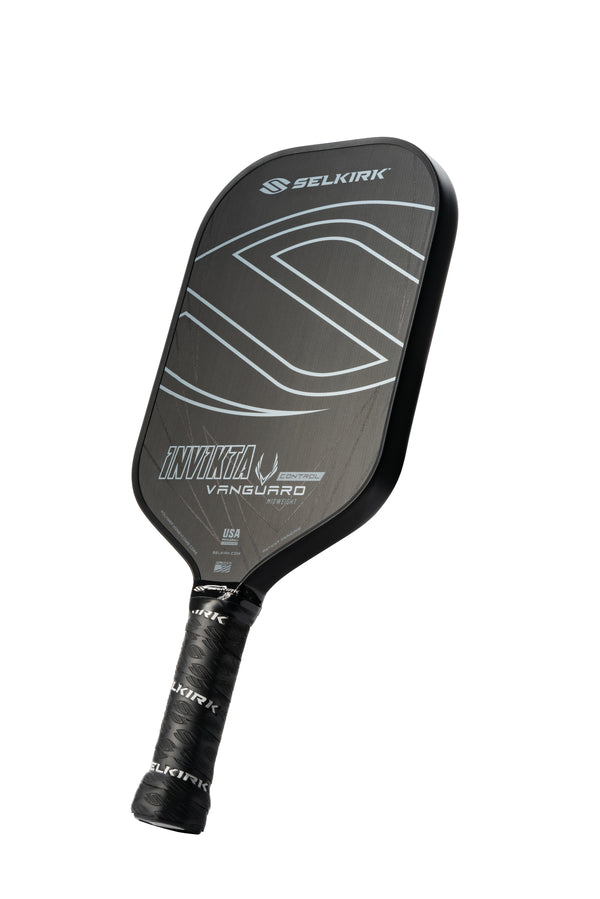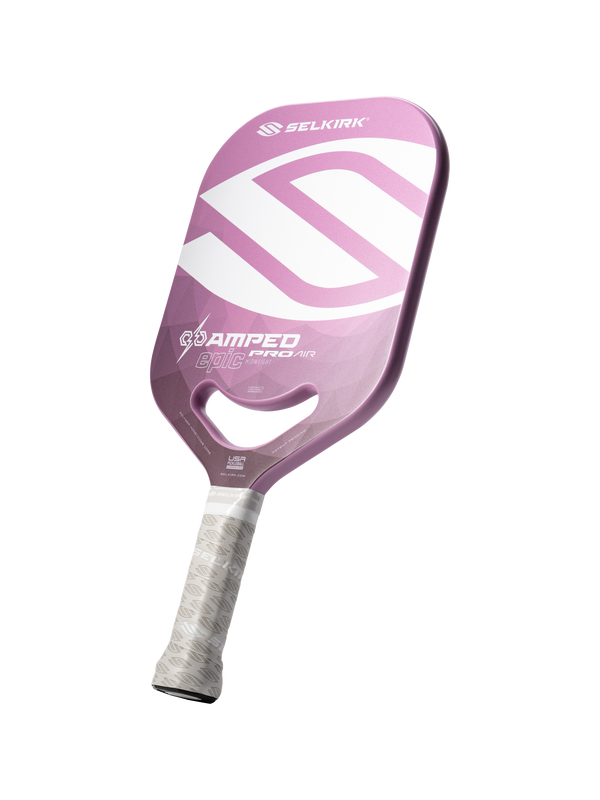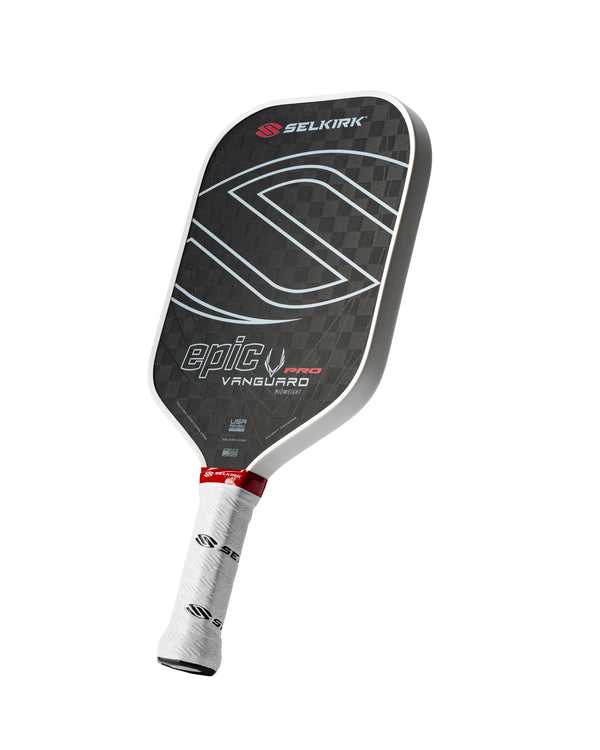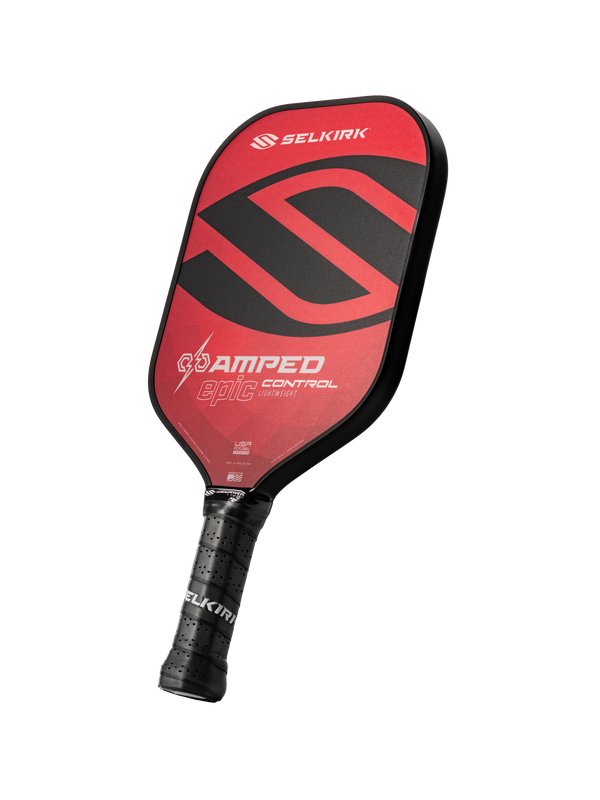I am an angry player, especially when I lose: How should I keep my cool and avoid conflict on the court? - Chad from L.A.
Hi Chad,
This is definitely a common Chad problem, so I’m sure you’re not alone. First, well done for reaching out — it’s the first step to making positive changes and improving your game and enjoyment. Here are three tips to help.
1. Change your view of your mistakes
Perspective is vital in sports and never more important than when you make a mistake. The old adage “you either win or you learn” is true. Your mistakes are indeed learning opportunities, but only if you’re in the market for change. If you’re serious about your development, then you need to get feedback from your results in a micro sense, not just your win/loss record. When you make a mistake, instead of blowing a gasket, just take a deep breath and ask yourself, “What could I do differently next time?”
If your anger stems from something external, like a bad bounce, a bad line call, or an unlucky net cord, then remember: these are things that are not in your control and if you focus on them, then soon you will feel out of control. Take control by only concentrating on things that are directly in your control, like your preparation and your footwork.
By doing this you will start to remove the emotional setback from mistakes by placing more emphasis on the solutions, ultimately making the game more enjoyable.
2. Give yourself a reset routine
Have you ever watched pro players between points? You will notice that a number of them take a familiar path, often touching the back wall before they start the next point. Lea Jansen famously has an intricate crossbody routine that she uses to reset her mind between points. Tennis players fix their strings and pro golfers have an almost fanatical routine before they start their backswing for a similar reason — interrupting any negative thoughts and gaining full control over emotions.
It doesn’t have to be much. A long deep breath, some calming words of inspiration (like “one point at a time”), and a physical move like simply shaking out the shoulders or rolling the neck. Consciously build this routine and soon you won’t even have to think about it, opening up attentional resources to think about what a successful strategy could be for the next point.
3. Concentrate on the process, not the outcome
Imagine the game through the eyes of the referee, a person with no emotional attachment to the outcome. If you adopt that frame of mind, then you won’t experience the highs or the lows that your victories and defeats inspire. I am not suggesting you go to this extreme — the game is far too enjoyable to be muted completely — but if performing at your highest level is a goal of yours, then it’s important that you understand that those lows will cost you a lot more than those highs will bring you.
If you can focus on small chunks — what’s required to get your crosscourt dink consistent, where to attack that player, who to return to, etc. — then you will uncover the great paradox of sporting achievement. By not focusing on the outcome of the game, you are far more likely to have a positive outcome.
If you can do this and emphasize your efforts, not your results, then you will have a much easier time staying present in the moment and enjoying the wonderful game of pickleball.
I hope these tips help you Chad. Oh, and please don’t kick anyone ok?!
- Morgan Evans
Learn more about Morgan Evans and CoachME pickleball, opens in a new tab.




